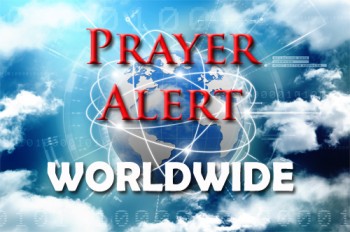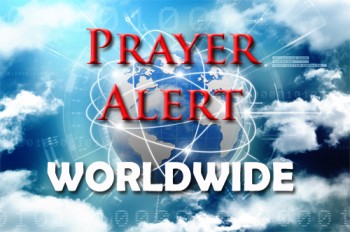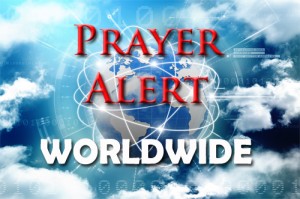Displaying items by tag: Reporters without Borders
Nepal: press freedom
Nepal has a constitutional obligation to guarantee press freedom, but over ten journalists have been threatened for their coronavirus reporting since late March. One victim of death threats is the manager of Radio Janakpur, threatened after his programme described the carelessness of a coronavirus tracking centre established by a local hospital. As he left his radio station he was accosted. He now feels ‘constantly under surveillance’ whenever he goes to Janakpur. A reporter for another radio station and website was accused of sowing fear and spreading fake news after he covered the case of a woman placed in quarantine. While the ruling party and regional officials try to control media coverage and intimidate reporters, the opposition Congress Party also threatens journalists. A website editor was told, ‘You could lose your life for writing such news’, after his site reported a politician for not cooperating in quarantining someone suspected of having coronavirus.
Global: the human cost of censorship
Reporters Without Borders (RSF) stated recently, ‘Some of the most active centres of Covid-19 infection, such as China and Iran, are countries where the media have been unable to fulfil their role of informing the public. There is an urgent need to render an exhaustive and honest account of the obstacles to press freedom and the attempts to manipulate information during this unprecedented epidemic. And we must offer solutions that enable journalists now and tomorrow to provide reliable information and combat rumours.’ With this in mind, RSF has launched Tracker-19 to monitor and evaluate the impacts of the coronavirus pandemic on journalism, and to offer recommendations on how to defend the right to information. The tool will monitor not only coronavirus but any unprecedented global crisis. It will document state censorship and deliberate disinformation, and their impact on the right to reliable news and information. It will also make recommendations on how to defend journalism.
Forbidden stories
Transparency International reports, ‘Countries with the least protection for press and activists also have the worst rates of corruption. Every week at least one journalist is killed in a country that is corrupt. There are journalists who wish to continue and publish their work, but they have been threatened, imprisoned or killed for attempting to speak out the truth.’ Journalists who feel threatened can now use encrypted communication to protect sensitive information and put their ongoing investigations in a safe place online. Their stories are then secured and will never be published without their agreement. If something happens to them, ‘Forbidden Stories’ will be able to finish the stories in accordance with the author’s instructions and to circulate them widely, thanks to a collaborative network of media committed to defending the freedom to inform. For insights into the worst countries, click the ‘More’ button.


